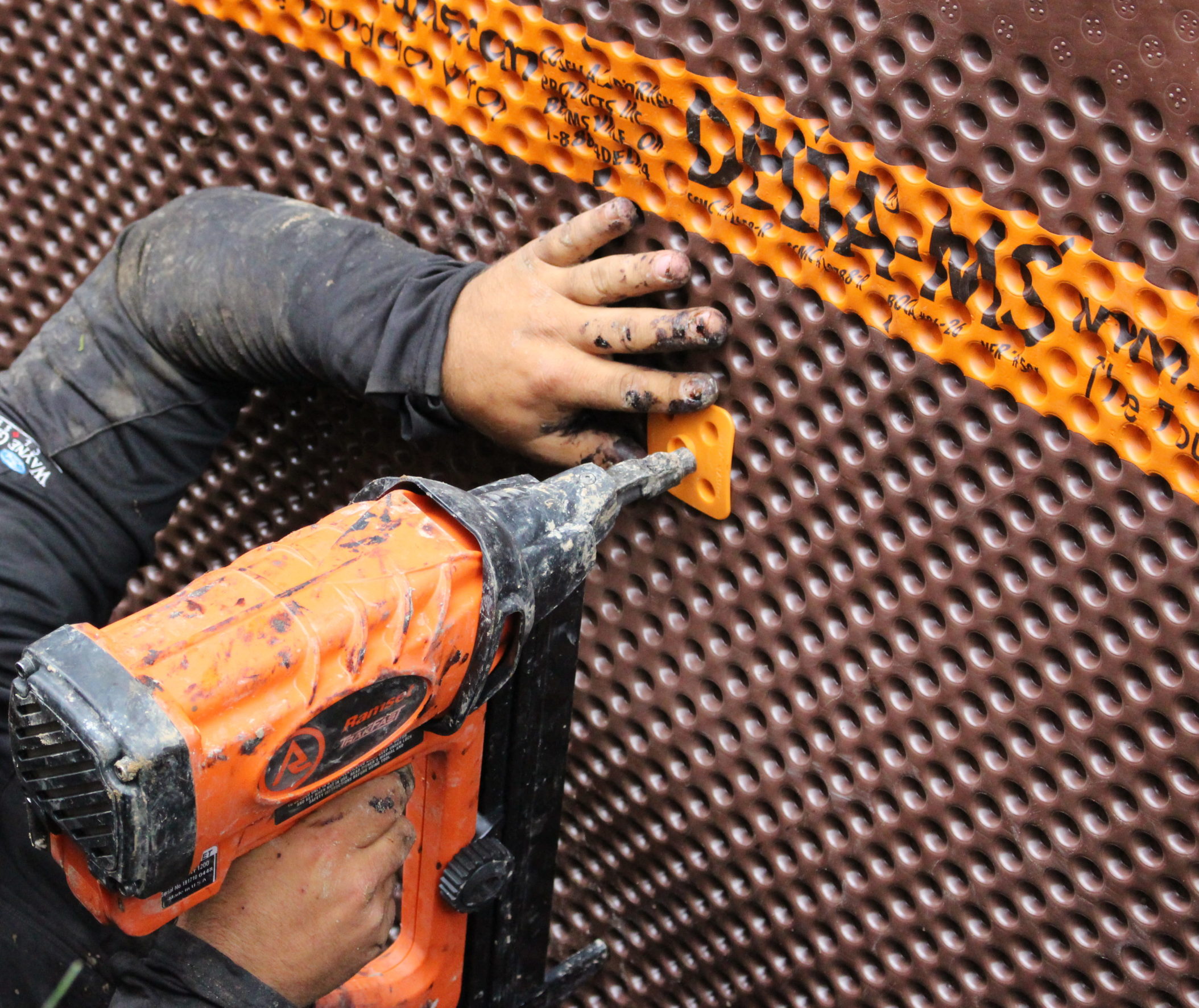IS IT POSSIBLE FOR SNOW TO DAMAGE YOUR BASEMENT?
In the Toronto area, heavy snowstorms are typical. These storms can dump many feet of snow on the ground and stay there for days. When the temperatures rise and the snow melts, there will be nowhere for...
Checklist for a Dry Basement in the Winter
It's that time of year again: winter. You know what we're talking about if you reside in the Delaware Valley. Melting snow and ice on the ground might lead to unpleasant water accumulating in your basement throughout the...
WHY IS IT SO IMPORTANT TO KEEP YOUR BASEMENT DRY THIS WINTER?
Winterizing our homes, from storm windows to roof repair, takes a lot of time. What about the basement, though? Our basements, as well as the foundations of our houses, require attention.
When it comes to...
Be wary of water damage to your basement and foundation throughout the winter
A fresh coating of snow instantly transforms a landscape into a winter wonderland scene. Not all snowfalls are quiet, and the aftermath of each foot of snowfall can regrettably inflict a lot of...
Taking Care of a Sinking Foundation - ACCL Waterproofing
Although it may not appear so, the earth beneath you is shifting. Granted, it moves slowly enough that most of us don't notice. While we may not notice, our homes undoubtedly do. Over time, soil movement can...
Deck Waterproofing: ACCL Waterproofing
Being able to have an outdoor deck is one of the perks of being a homeowner. Decks are fantastic locations to connect with friends and family, or simply relax and enjoy some alone time. Regardless of how you intend to use your...




